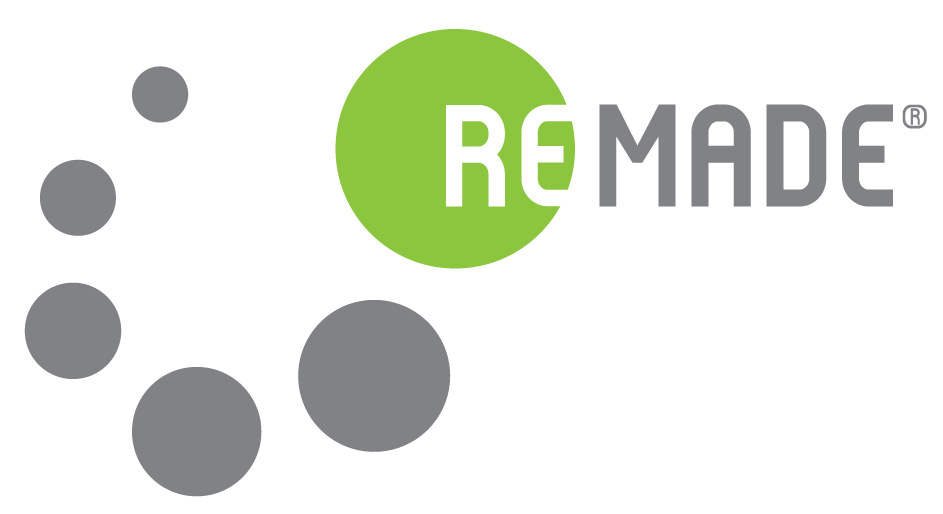CSRD Directive: recycled content among sustainability reporting information.
The landscape of corporate social responsibility has reached a turning point with the enforcement of the “CSRD” Directive and its transposition into Italian law through Legislative Decree No. 125/2024.
The Directive 2022/2464 of December 14, 2022 (commonly referred to as the Corporate Sustainability Reporting Directive, CSRD) updated the regulations on corporate sustainability reporting, revising the primary EU directive on the subject (Directive 2013/34/EU) and specifically adding Article 19-bis on sustainability reporting. It requires large enterprises and small and medium-sized enterprises to include in their management report the necessary information to understand the company’s impact on sustainability issues, as well as how “sustainability issues” influence the company’s performance, results, and condition.
The term “sustainability issues” refers to environmental, social, human rights, and governance factors, while “sustainability reporting“ refers to the reporting of information related to such issues.
Article 29-ter, concerning sustainability reporting principles, was also introduced.
The European Commission is tasked with adopting delegated acts to supplement the directive, establishing the principles for sustainability reporting.
The sustainability reporting principles ensure the quality of the communicated information, requiring it to be understandable, relevant, verifiable, comparable, and faithfully represented.
The sustainability reporting principles specify, taking into account the subject matter of a particular sustainability reporting principle, the information that companies are required to disclose regarding the following environmental factors:
- climate change mitigation;
- climate change adaptation;
- water and marine resources;
- resource use and circular economy;
- pollution;
- biodiversity and ecosystems.
The environmental factors reflect the environmental objectives outlined in EU Regulation 2020/852 on Taxonomy, which the Commission must consider under Article 29-ter when drafting the planned delegated acts. By analogy, it follows that if an activity aims to avoid significant harm to the circular economy objective under the Taxonomy Regulation, it must optimize material use, particularly raw materials, by incorporating recycled materials and considering product recyclability. It can therefore be concluded that information on recycled content will be certainly part of the data companies are required to disclose under the CSRD Directive. Furthermore, using recycled materials reduces air pollutant emissions and can be linked to the aforementioned “pollution” environmental factor that must be reported.
To transpose the “CSRD” Directive, the Italian Council of Ministers issued Legislative Decree No. 125 of September 6, 2024, effective from September 25, 2024, concerning corporate sustainability reporting.
Article 3 requires large companies and listed small and medium-sized enterprises[1] to include in their management report the information necessary to understand the company’s impact on sustainability issues, as well as the information necessary to understand how such issues influence the company’s performance, results, and condition.
Individual sustainability reporting includes:
- a) a brief description of the business model and strategy, indicating:
- the resilience of the business model and strategy in relation to risks connected to sustainability issues;
- opportunities linked to sustainability issues;
- business plans, where prepared, including implementation actions and related financial and investment plans;
- how the business model and strategy consider stakeholders’ interests and their impact on sustainability issues;
- how the company implements its strategy regarding sustainability issues.
- b) a description of time-bound objectives related to sustainability issues identified by the company;
- c) a description of the roles and competencies of management and supervisory bodies concerning sustainability issues.
- d) a description of the company’s policies on sustainability issues.
- e) information on the existence of incentive systems related to sustainability issues for members of management and supervisory bodies.
- f) a description:
- of the due diligence procedures applied by the company to sustainability issues;
- of the main negative impacts, actual or potential, related to the company’s activities and value chain (including its products, services, business relationships, and supply chain); of the actions taken to identify and monitor these impacts, and of other negative impacts the company must identify;
- of any actions taken to prevent or mitigate negative impacts, actual or potential, or to remedy or eliminate them, and the outcomes of such actions.
- g) a description of the main risks to the company related to sustainability issues, including a description of the company’s key dependencies on such issues, and the company’s risk management approaches.
The sustainability reporting auditor may be the same statutory auditor responsible for the statutory audit of the financial statements or a different statutory auditor.
[1] For the purposes of Article 1, the following definitions apply (translated from the Article 1 of the Italian Legislative Decree No. 125 of September 6, 2024):
- m) «listed small and medium-sized enterprises (SMEs)»: companies with securities admitted to trading on regulated markets in Italy or the European Union that, as of the balance sheet date, in the first financial year of activity or subsequently for two consecutive financial years, fall within at least two of the following ranges: 1) Total assets: greater than €450,000 and less than €25,000,000; 2) Net revenues from sales and services: greater than €900,000 and less than €50,000,000; 3) Average number of employees during the financial year: not less than 11 and not more than 250.
- n) «large companies»: companies that, as of the balance sheet date, have exceeded, in the first year of activity or subsequently for two consecutive years, two of the following limits: 1) total assets: €25,000,000; 2) net revenues from sales and services: €50,000,000; 3) average number of employees during the financial year: 250.
- o) «large group»: groups consisting of a parent company and subsidiaries to be included in the consolidated financial statements, which, on a consolidated basis, exceed at least two of the three following numerical thresholds as of the parent company’s balance sheet date for the first or two consecutive financial years: 1) total assets: €25,000,000; 2) net revenues from sales and services: €50,000,000; 3) average number of employees during the financial year: 250.

